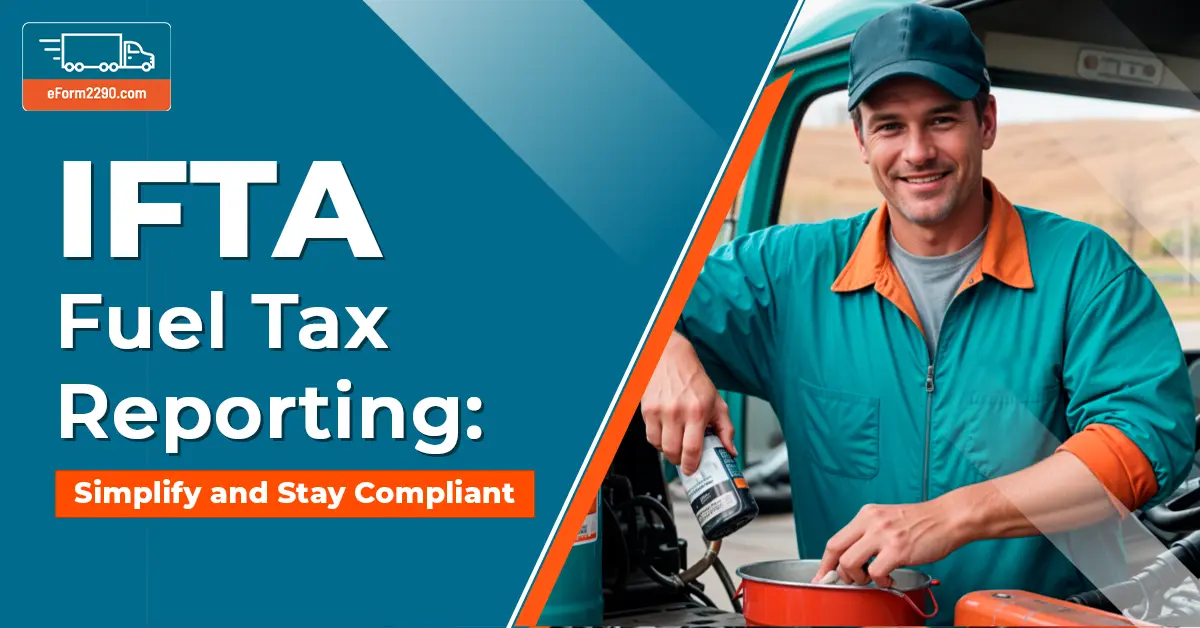The trucking industry powers America’s economy — and fuel powers the trucking industry. But there’s more to fuelling up than pumping diesel into your rig. You also have to manage the fuel tax process. And regulatory compliance can be challenging even for the most experienced owner and operator..
Take, for example, International Fuel Tax Agreement (IFTA) reporting. It’s an essential, and challenging, aspect of commercial transport. What is the IFTA? How do you stay in compliance? This comprehensive guide answers all your questions about IFTA reporting.
What is the International Fuel Tax Agreement (IFTA)?
Adopted in 1996, the IFTA is an agreement between America’s lower 48 states and Canada’s provinces aimed at simplifying the reporting of fuel use taxes by interstate motor carriers. Essentially, it allows carriers to report and pay taxes on motor fuels used in multiple jurisdictions through a single form rather than filing separate reports for each state or province.
What are IFTA Requirements?
Under the IFTA, interstate carriers are required to file quarterly fuel tax reports. These reports detail the number of miles traveled and the amount of fuel purchased in each jurisdiction. Based on this information, carriers calculate and pay fuel taxes owed to each jurisdiction.
Who is Required to File an IFTA Report?
Any business that operates qualified motor vehicles across two or more member jurisdictions and exceeds specific weight or axle criteria must participate in the IFTA program. This includes commercial vehicles such as trucks, buses, and other heavy vehicles engaged in interstate commerce.
How do you Register Vehicles for IFTA?
To register vehicles for IFTA compliance, businesses must first obtain an IFTA license from their base jurisdiction. This involves completing an application and providing relevant vehicle information, including vehicle identification numbers (VINs) and fleet details. Once approved, carriers receive an IFTA license and decals for each qualified vehicle.
Steps to Calculate and Pay IFTA Taxes
Maintain Accurate Records — Keep detailed records of fuel purchases, including receipts, invoices, and fueling locations, along with mileage records for each vehicle.
Calculate Fuel Use — Determine the total distance traveled in each member jurisdiction and the corresponding fuel consumption.
Compute Fuel Tax Liability — Use the jurisdiction's prescribed fuel tax rate to calculate the taxes owed for each jurisdiction.
Complete Quarterly Fuel Tax Report — Compile all relevant data into the IFTA quarterly fuel tax report, including miles traveled, fuel purchased, and tax calculations.
Submit Payment — Submit the completed fuel tax report along with the payment for taxes owed to the base jurisdiction by the designated deadline.
Accurate and timely IFTA reporting is a crucial aspect of operating interstate motor carriers. But it doesn't have to be overwhelming. With the right knowledge and tools, you can streamline your quarterly filing process and avoid compliance headaches. Don't hesitate to explore solutions that can help simplify your fuel tax reporting per state and keep your business running smoothly.
